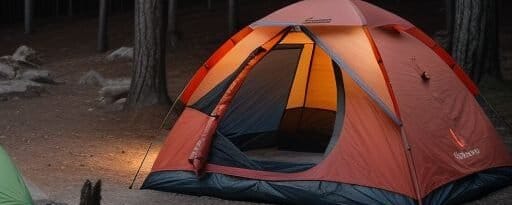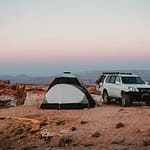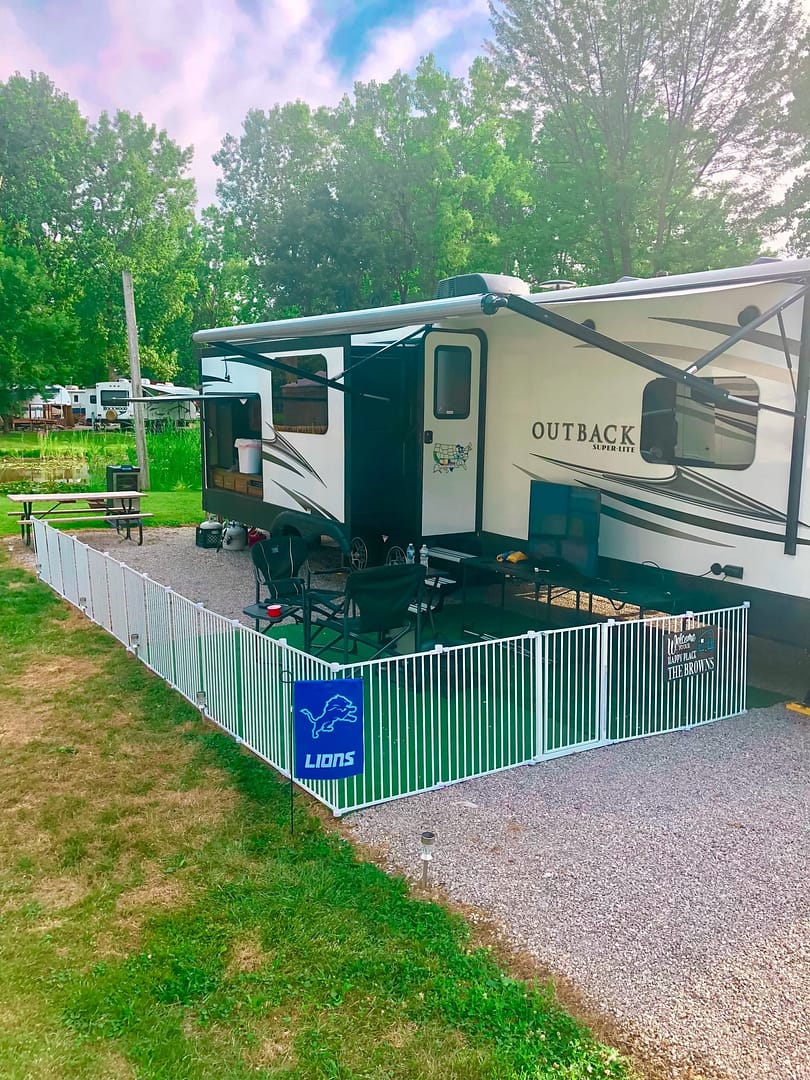Boondocking FAQ
Boondocking FAQ
Q: What is boondocking in an RV?
A: Boondocking in an RV refers to camping without hookups to electricity, water, or sewage. It is a way to camp off-grid and experience nature in a more authentic way.
Q: Where can you boondock?
A: Boondocking can be done in various ways, such as staying overnight in a business parking lot or camping on public lands. Many campers prefer boondocking in national forests or on Bureau of Land Management (BLM) land, which often offer stunning views.
Q: Is boondocking free?
A: Most boondocking sites are free, making it an affordable option for campers. Some sites may charge a small overnight fee, usually less than $20 per night.
Q: How long can you boondock?
A: The maximum boondocking limit on most public lands is two weeks. For shorter stays, with a little water in your freshwater tanks and a single power source, you can easily make it through the night. However, for longer stays, you’ll need to address your resource needs and ensure your RV can sustain itself off-grid.
Q: What are the power source options for boondocking?
A: Generators are the most common supplemental power source for boondocking, as they are built into many larger motorhomes. If you have a smaller camper or trailer, you may need to consider purchasing a generator. Another option is using extra heavy-duty RV and deep cycle marine batteries connected to an inverter. Solar setups are also environmentally-friendly and reliable for long-term boondocking.
Q: How much water is needed for boondocking?
A: The amount of water needed for boondocking varies, but it’s recommended to fill your water tank to 100 percent and empty your black and gray tanks before your trip. For extended boondocking, you can purchase a water bladder to top off your water tanks.
Q: Do you need a bathroom for boondocking?
A: Most boondocking sites do not have bathroom facilities, so it’s essential to have a self-contained bathroom onboard your RV. If you’re camping in a converted vehicle without a built-in bathroom, you can buy portable toilets from any camping store. Alternatively, you can use public facilities throughout the day or invest in a composting toilet to cut down on water usage.
Q: Where can you safely boondock?
A: There are various locations where you can legally stay overnight for boondocking. These include business parking lots, truck stops, rest areas, and even some big box store parking lots like Walmart. It’s important to choose a spot where overnight parking is allowed and to always be mindful of safety. [1][2]








